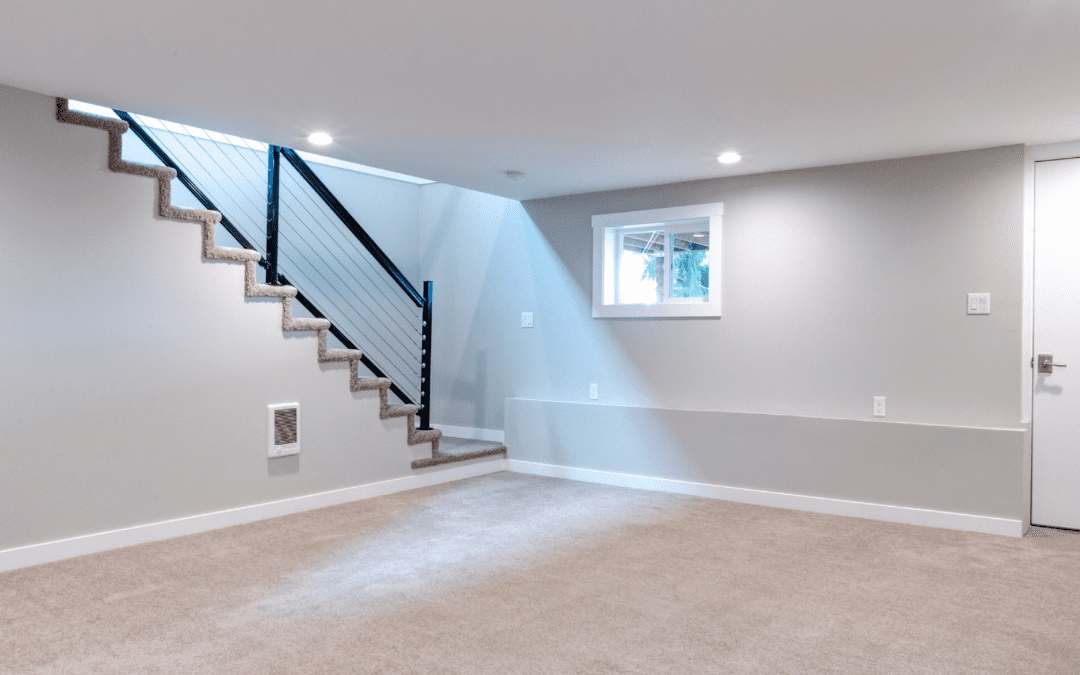Basement conversions have become increasingly popular in recent years as homeowners seek to maximize their living space and add value to their properties. Converting a basement into a usable living area can provide additional rooms for various purposes, such as a home office, a gym, a playroom, or even a guest suite. However, when considering a basement conversion, it is crucial to understand the role of building regulations and whether they are required for such a project.
In most cases, basement conversions do require building regulations approval. Building regulations are legal requirements that set standards for the design and construction of buildings to ensure the safety, health, and welfare of occupants. They cover a wide range of aspects, including structural integrity, fire safety, ventilation, damp proofing, insulation, and means of escape in case of emergencies.
Here are some key reasons why basement conversions typically need building regulations:
- Structural integrity: When converting a basement, it is essential to assess the structural stability of the existing foundation and walls. Building regulations will ensure that any alterations or additions made to the structure meet the necessary standards, preventing the risk of collapse or other structural issues.
- Fire safety: Basements can be prone to fire risks due to limited escape routes and ventilation. Building regulations provide guidelines on fire safety measures, including fire-resistant materials, smoke alarms, and appropriate means of escape. These regulations aim to protect occupants and enable a safe evacuation in the event of a fire.
- Ventilation and damp proofing: Basements can be susceptible to dampness and poor ventilation due to their underground nature. Building regulations require appropriate measures to address these issues, such as damp proofing methods, adequate ventilation systems, and moisture control.
- Insulation and energy efficiency: Building regulations also focus on energy efficiency to reduce carbon emissions and minimize energy consumption. When converting a basement, regulations may require insulation to meet specific thermal performance standards, ensuring a comfortable living environment and reduced energy costs.
- Electrical and plumbing systems: Basement conversions often involve the installation or modification of electrical and plumbing systems. Building regulations ensure that these systems are installed correctly, meeting safety standards and complying with relevant codes.
It is important to note that building regulations can vary between countries and even local jurisdictions. Therefore, it is crucial to consult with your local building control authority or a qualified professional to understand the specific requirements and processes for basement conversions in your area.
Failure to obtain the necessary building regulations approval can have serious consequences. If a homeowner carries out a basement conversion without complying with the regulations, they may face enforcement action, including legal penalties, fines, or even being required to undo the work. Additionally, when it comes time to sell the property, potential buyers may be hesitant to proceed if the conversion does not have the required approvals, potentially impacting the property’s value and marketability.
In conclusion, basement conversions typically require building regulations approval to ensure the safety, structural integrity, and compliance of the project. These regulations cover various aspects of the conversion, including structural stability, fire safety, ventilation, insulation, and energy efficiency. It is essential to engage with your local building control authority or a professional to understand the specific requirements for your basement conversion project and ensure that you comply with all necessary regulations. By doing so, you can create a safe, comfortable, and legally compliant additional living space that adds value to your home.
If you’re based around Cheltenham or Gloucester, we at PSK would love the opportunity to help you with your basement conversion. Get in contact today.

